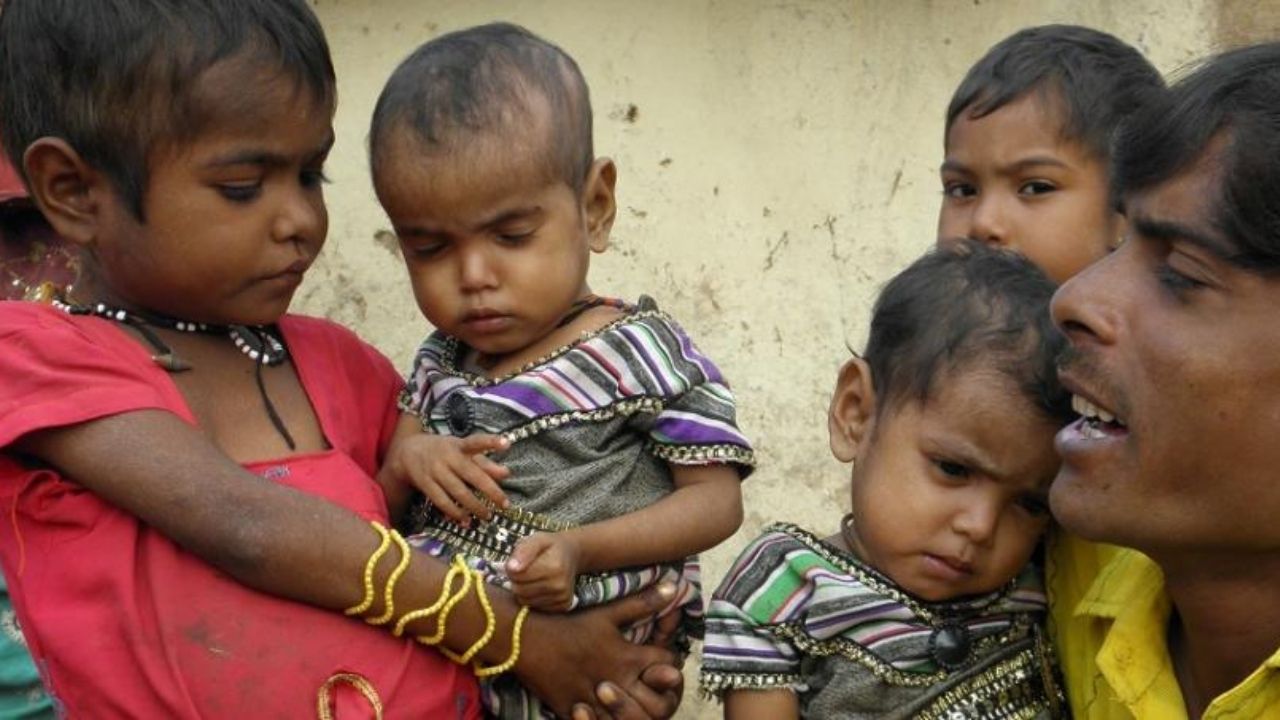An unknown yet strong hamper towards India’s economic growth is nutritional deficiencies. A loss of 0.8 to 2.5% of our GDP is suffered due to lack of nutrition. Undernutrition and micronutrient deficiencies cost up to $2.1 trillion per year. In Asia and Africa, poor nutrition can result in a loss of 11% GNP.
One-third of the world’s stunted kids reside in India along with one-fourth of the world’s anaemia patients. Every day more than 3000 children below the age of 5 die in India due to malnutrition. India is in a stage of nutrition transition. Being overweight and underweight are two common predicaments, but irrespective of them, micronutrient deficiency is at its peak.
World Health Organization (WHO) defines ‘Micronutrients’ as compounds that are required in extremely smaller quantities for the body’s better performance. These usually include vitamins and minerals. They are essential for the production of hormones, certain enzymes and other elements that help us grow and develop.
A lack of or deficiencies of micronutrients can cause diseases. Iron deficiency can cause anaemia. Iodine deficiency can cause goitre and hypothyroidism and vitamin A deficiency can cause blindness. According to the Comprehensive National Nutrition Survey of children (CNNSC) in 2019, zinc deficiency was observed in 19% of pre-school children and 32% of adolescents, whereas folate deficiency was observed in 23% of pre-school children and 37% of adolescents.
71% of Indians feel that their health is worse off today than pre-COVID-19 due to bad eating and fitness habits developed during the lockdown. Nowadays more Indians are trying to incorporate healthy foods into their diet. Last year an average Indian spent around $2 on nutritious food which will increase to $18 by 2025.
India’s vibrant startup ecosystem is aiding Indians in achieving their health goals. Ventures like HealthifyMe help users track their food intake and workout. The startup is so successful it has received $100.1 million in funds so far. Fitelo is another app that helps reduce weight and manage diseases by offering a personalised healthy lifestyle for its consumers using AI.
Being a vegetarian population as many as 85% of Indians are protein deficient. Ventures like GREENEST, Wellversed, Good Dot and Evo Foods are providing plant-based protein sources. At the same time startups like Happy Ratio, Sattviko, AquAgri and Power Gummies are helping Indians gain their micronutrients.
Will Indians achieve prime nourishment with the help of such startups?

 One-third of the world’s stunted kids reside in India along with one-fourth of the world’s anaemia patients. Learn about the Indian startups that are helping Indians solve their nutritional and health problems.
One-third of the world’s stunted kids reside in India along with one-fourth of the world’s anaemia patients. Learn about the Indian startups that are helping Indians solve their nutritional and health problems.




.jpeg)
.jpeg)
.jpeg)
_(1)_(1)_(1).jpeg)
.jpeg)
_(1).jpeg)
.jpeg)

.jpeg)






.jpeg)

.jpeg)

.jpeg)

.jpeg)
.jpeg)




